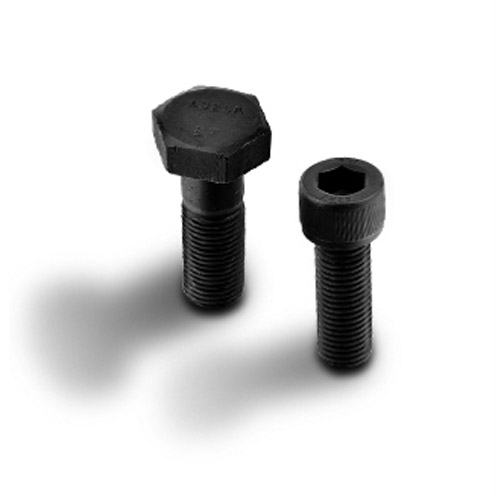Understanding the Expenses Involved in Replacing Brake Hoses for Your Vehicle
ആഗ . 14, 2024 13:45 Back to list
Understanding the Expenses Involved in Replacing Brake Hoses for Your Vehicle
The Cost of Brake Hoses Understanding Factors and Implications
Brake hoses are critical components of a vehicle's braking system, responsible for transferring brake fluid from the master cylinder to the brake calipers or wheel cylinders. Like any vehicle part, the cost of brake hoses can vary widely based on several factors, making it essential for vehicle owners and enthusiasts to understand what influences these prices.
Understanding Brake Hose Pricing
On average, the cost of a brake hose can range anywhere from $15 to $60 for parts alone, depending on the make and model of the vehicle. High-performance or specialized brake hoses, such as those made from upgraded materials or designed for racing applications, can be significantly more expensive, sometimes exceeding $100. When considering the total cost of replacement, labor charges must also be factored in, which can add another $50 to $100 depending on the mechanic's hourly rate and the complexity of the job.
Factors Affecting Brake Hose Cost
1. Material The material used in manufacturing brake hoses can significantly affect their price. Standard rubber hoses are typically the least expensive, but they may not offer the best longevity or performance. On the other hand, stainless steel-braided hoses provide increased durability and heat resistance, making them a popular choice for performance vehicles. These hoses can command a higher price due to the added benefits they provide.
2. Brand Recognized automobile part manufacturers often charge a premium for their products. Investing in high-quality brands can lead to increased reliability and longer lifespan, which may justify the higher initial cost. However, lesser-known brands may offer more budget-friendly options that still meet safety and performance standards.
brake hose cost

3. Vehicle Type The make and model of the vehicle can play a crucial role in determining brake hose costs. Some vehicles, especially luxury or imported models, may require specialized parts that can be more expensive due to lower demand or unique design specifications. Additionally, vehicles with more complex braking systems may necessitate more intricate hose designs, further driving up costs.
4. Installation Fees Installing brake hoses is not always a straightforward process. Depending on the vehicle's design, access to the brake system can be cumbersome, which may lead to higher labor costs. Furthermore, if the brake system requires additional maintenance or inspection during the hose replacement, these can add to the overall expense.
Implications of Low-Cost Options
While it may be tempting to opt for the cheapest brake hoses available, it is crucial to consider the long-term implications. Subpar quality can lead to premature wear, increased risk of hose failure, and even dangerous braking situations. Investing in higher-quality hoses can enhance the safety and performance of the vehicle, providing peace of mind that the braking system is reliable.
Conclusion
In conclusion, while the cost of brake hoses may vary significantly based on material, brand, vehicle type, and installation fees, understanding these factors can help vehicle owners make informed decisions. Whether you’re a casual driver or an automotive enthusiast, investing in quality brake hoses is essential for maintaining the safety and performance of your vehicle. Rather than solely focusing on initial costs, considering the long-term implications will ensure that you choose the right brake hoses for your needs. After all, brakes are not just components of a car; they are integral to your safety on the road.
